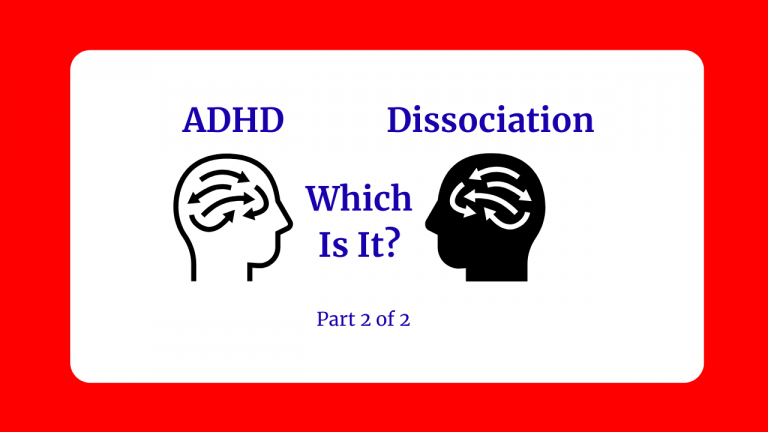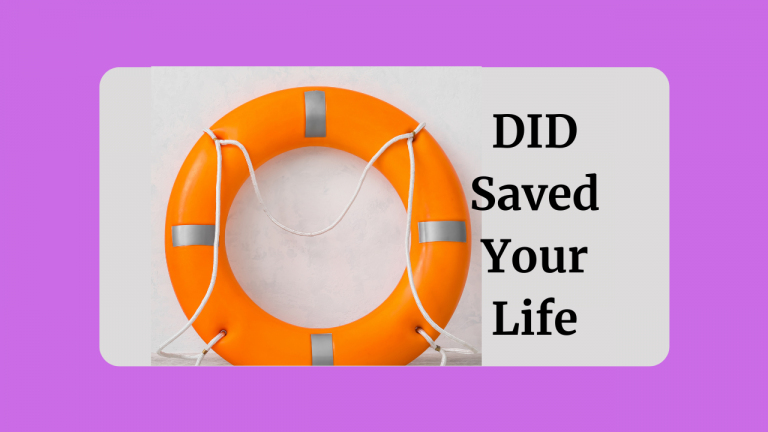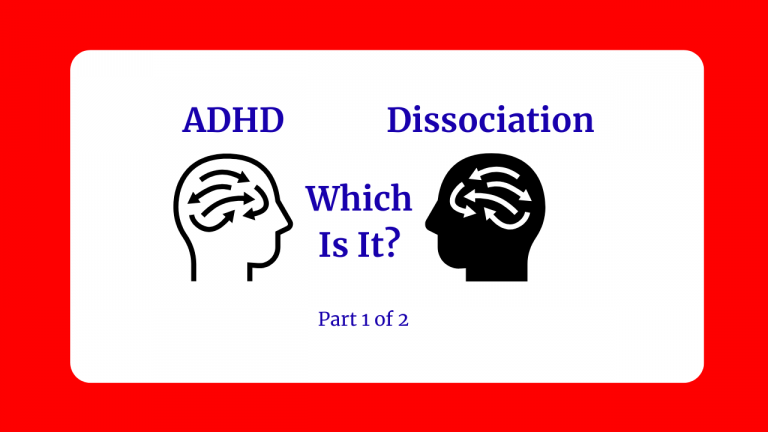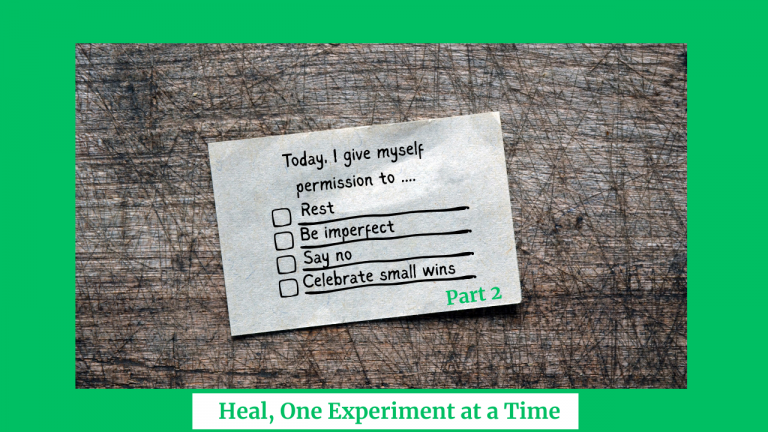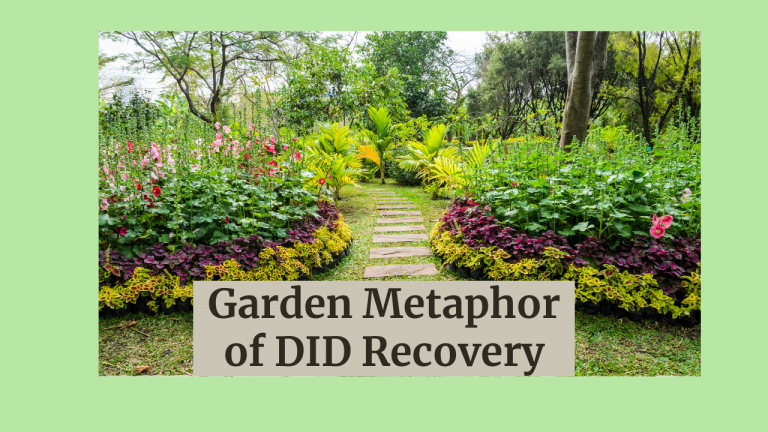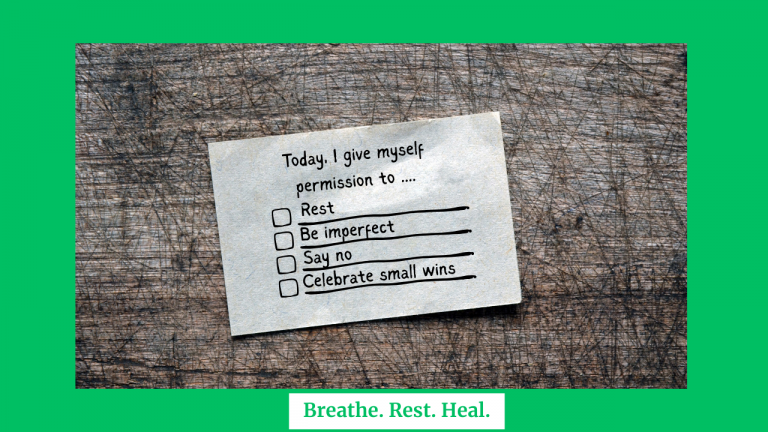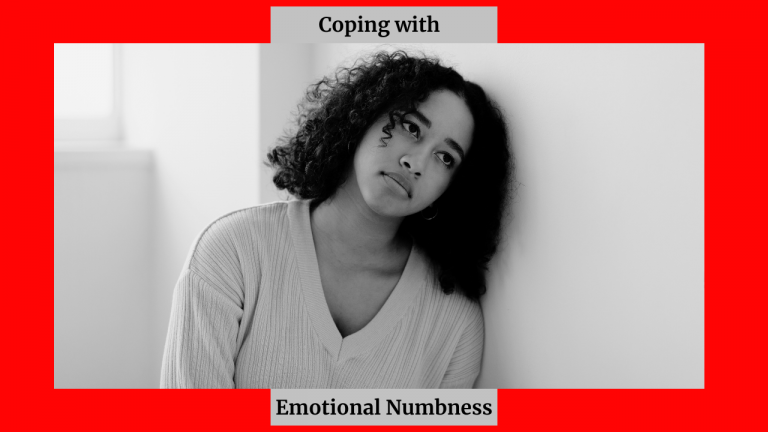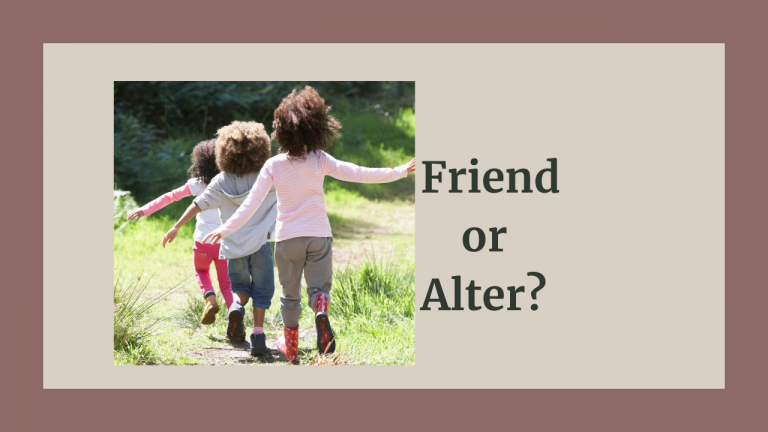ADHD time-blindness and dissociative time loss can look similar — this video explains the key differences so you can tell them apart...
Healing from DID builds like compound interest — this video shows how small, steady steps can add up to big change...
DID didn’t ruin you — it saved you. This video explains how DID works as a life-saving defense against overwhelming trauma...
Lost time and memory gaps can look like ADHD or dissociation — this video shows why telling the difference really matters...
Healing often starts with permission — this video shows how using daily “permission slip” experiments can make change feel possible...
DID healing is like tending a garden — pulling old trauma patterns, planting self-compassion, and growing a safer inner world over time...
Feeling stuck in “trauma rules”? This video shows how permission slips can create safe choices and gentle freedom for DID and complex trauma survivors...
Struggling with emotional numbness? Learn why it happens in DID and trauma, and explore gentle strategies to reduce numbness and reconnect with feelings...
This video explores how childhood “imaginary friends” may have been early DID system members — companions created for safety, comfort, and survival...

